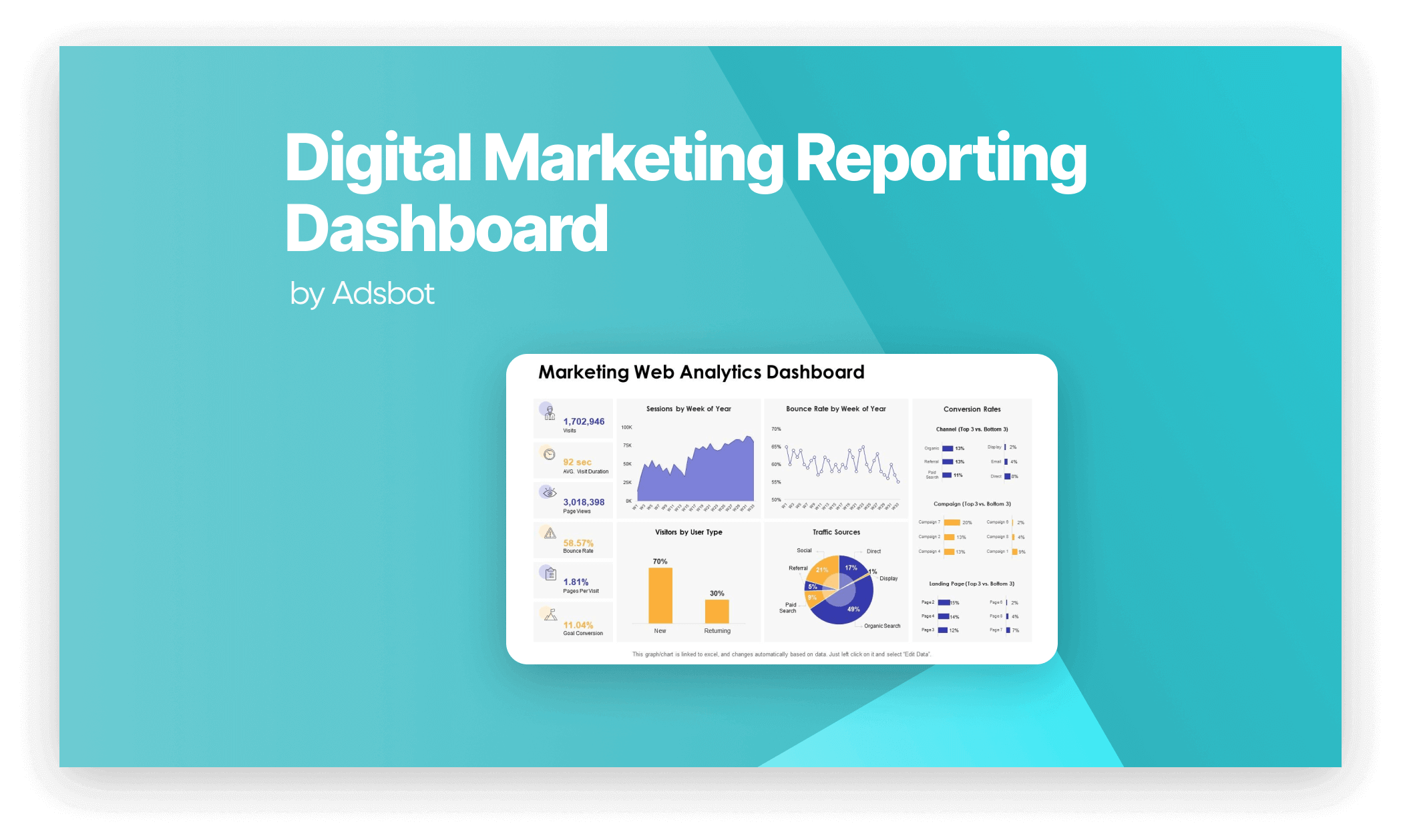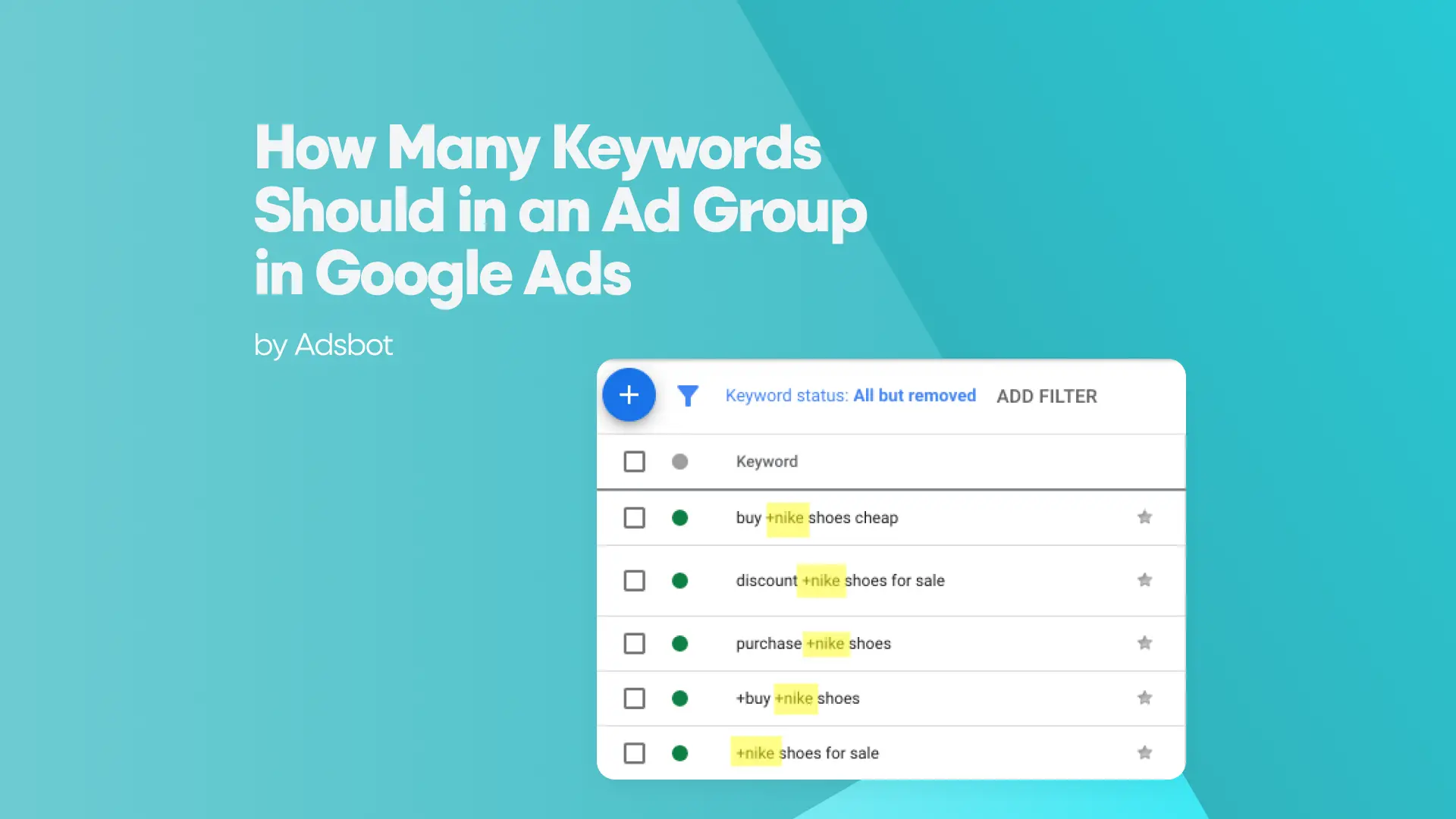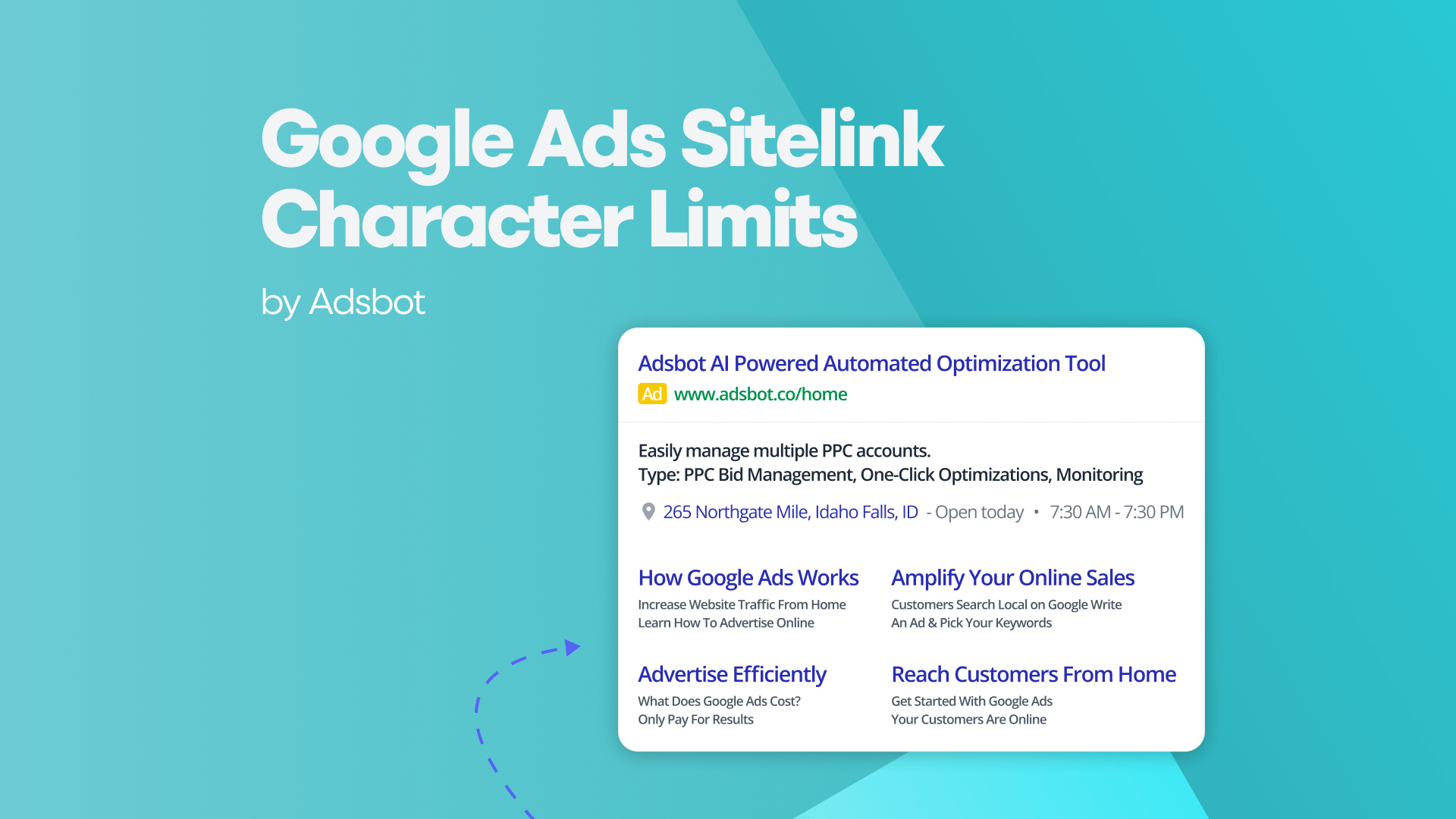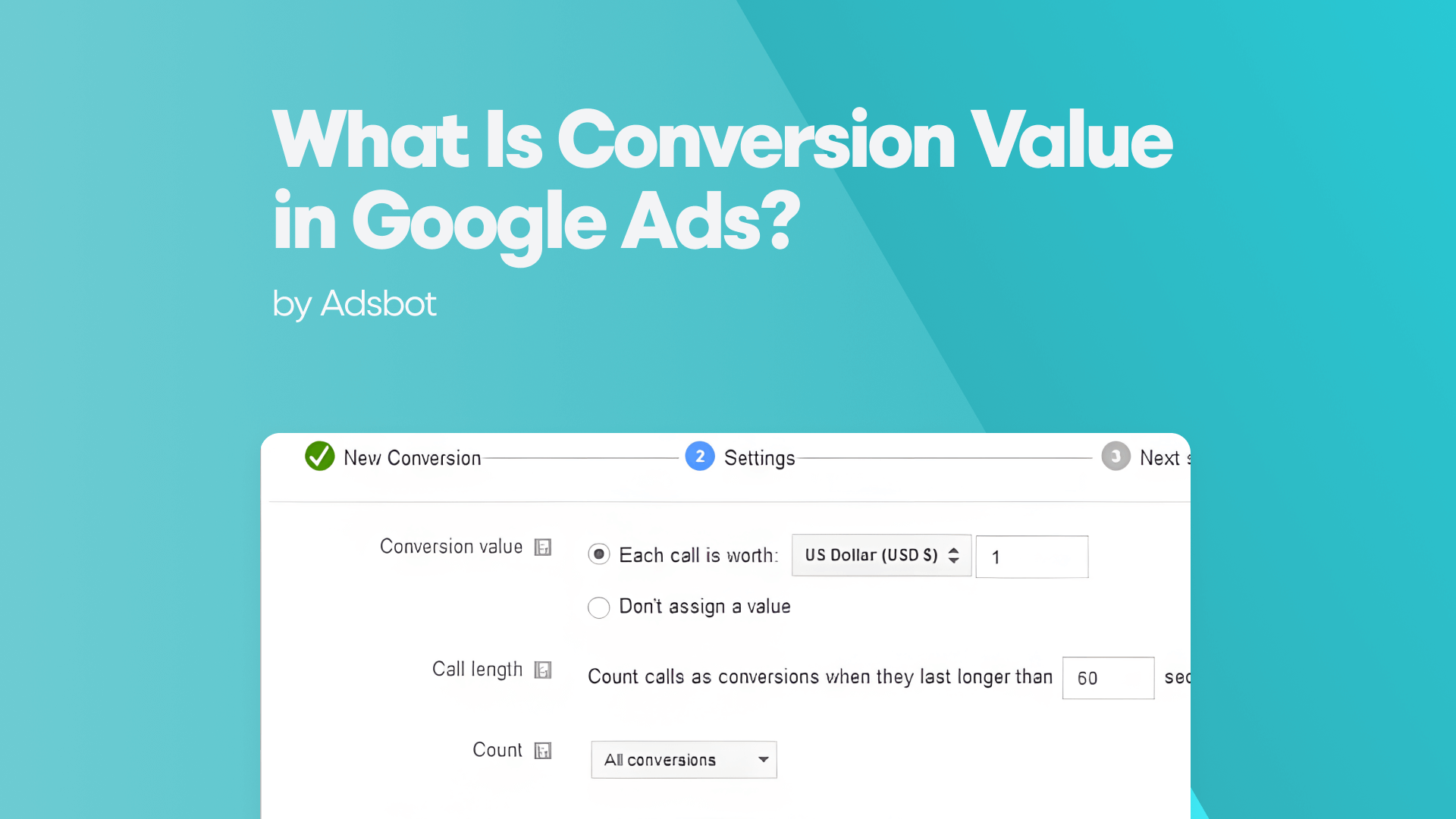The advent of the Digital Marketing Reporting Dashboard represents a paradigm shift in the complex field of digital marketing, where data is the money and strategy is the compass. To those who are unfamiliar with the nuances of this revolutionary instrument, it functions as a centralized center providing instantaneous visibility into crucial performance data. Think of it as a digital command center that interprets user behavior and search terms to formulate plans that have the greatest possible impact.
We take our cues from two reliable places as we begin this investigation: Google Webmasters and Google’s official blog about search products. These resources offer insights into the changing dynamics of the digital sphere in addition to serving as a roadmap for matching strategies with search engine algorithms.
A Digital Marketing Reporting Dashboard’s Function
Accepting Basic Principles
The Digital Marketing Reporting Dashboard is fundamentally a strategic ally grounded in fundamental principles, rather than merely a technology. With the guidance provided by Google’s Webmaster Guidelines, businesses can effectively optimize their content and navigate the intricate search landscape.
Crucial Measures Interpreted
- Keyword Performance: The Search Language
It’s critical in the field of digital marketing to comprehend the language users use to locate content. Here’s where keyword performance really shines. Consider keywords as the online vernacular and the dashboard as a language specialist. Through adherence to Google’s optimizing content for search, businesses can update their content strategy to align with the dynamic search environment.
- Organic Traffic Insights
Online visibility relies heavily on organic traffic. The dashboard is excellent at interpreting the nuances of organic traffic, making sure that websites draw in users who are actually interested in the material they are offering. This is a perfect fit with Google’s recommendation for creating high-quality content that draws in relevant viewers and benefits the digital ecosystem.
- User Engagement Analytics
Measures like time on page and bounce rate provide insight into user engagement. Think of the dashboard as a storyteller that creates engaging stories to draw in and hold the attention of online viewers. The dashboard transforms into a tool for producing experiences that go beyond simple clicks and encourage meaningful interactions with online material by following Google’s advice on crafting compelling, user-focused content.
Marketing Campaign Report Template
For individual campaigns, a tailored report is necessary to dive into granular details. A marketing campaign report focuses on one campaign’s performance and outcomes. Here’s a suggested template:
- Campaign Overview
Campaign name, duration, and objectives. - Target Audience
Demographics and segmentation were used in the campaign. - Tactics and Channels
Overview of strategies: paid ads, email, social media, etc. - Metrics and Analytics
- Reach: Impressions, views.
- Engagement: Clicks, shares, comments.
- Conversion: Leads, sales, cost per acquisition (CPA).
- ROI Analysis
Revenue generated vs. campaign cost. - Learnings and Improvements
What worked well and areas for optimization in future campaigns.
Tools for Digital Marketing Reporting
Several tools simplify the reporting process:
- Google Analytics: Tracks website traffic and user behavior.
- Hootsuite Insights: Monitors social media performance.
- SEMrush: Provides SEO and PPC insights.
- HubSpot: Combines CRM and marketing analytics.
- Databox: Aggregates data from multiple platforms into visual dashboards.
Automate and Elevate with Adsbot’s Digital Marketing Reporting Tool
While generic tools help you track data, Adsbot’s Digital Marketing Reporting Tool allows you to stop building reports and start building strategy. It eliminates the need for manual spreadsheets by consolidating data from Google Ads, Meta Ads, Microsoft Ads, GA4, Google Search Console, and Adjust into a single, professional document.
Here is how Adsbot transforms the reporting process for agencies and performance teams:
-
Multichannel Consolidation: The system automatically organizes performance into sequential sections, presenting platform-specific scorecards for key metrics like Clicks, Cost, and Impressions alongside dynamic trend lines. This gives you instant visibility into cross-channel performance without manual data assembly.
-
White-Label Professionalism: You can automatically customize your reports by adding your agency’s logo directly to every document, ensuring brand consistency across your entire portfolio.
-
Automated Scheduling: Save hours of work by setting up predefined templates to send to your email or your clients weekly or monthly. This guarantees instant, branded transparency on autopilot.
-
Global Language Support: Serve a truly global client base with native-language reporting. Adsbot allows you to generate full performance reports in English, Spanish, German, Japanese, Turkish, Russian, or Hebrew, eliminating translation barriers.
-
Smart AI Commentary: Beyond just charts, the tool generates automatic, plain-language insights that explain performance trends and key changes, adding a layer of expert analysis to your data.
-
Instant Comparison: Contextualize your performance immediately by comparing current results against previous periods (e.g., Month-over-Month) with a single click.
Features of Digital Marketing Dashboard
Using the Advanced Features
- Multi-Channel Integration: An effective digital marketing reporting dashboard does not limit itself to a single channel; instead, it easily combines data from multiple sources. It is a reflection of the interconnectedness of contemporary internet marketing tactics, which range from paid advertising to social media.
- Real-Time Data Updates: The dashboard makes sure marketers receive real-time changes in line with Google’s emphasis on mobile-first indexing, which is necessary in this agile digital age. This flexibility is essential for quickly reacting to changing user behaviors and market trends.
- Monitoring Conversions: It is critical to comprehend conversions in addition to visibility measurements. An essential tool for assessing the success of sponsored campaigns is the Google Ads Dashboard. This is in perfect harmony with the rules of successful internet marketing.
- Online Marketing Dashboard: The use of an online marketing dashboard expands the reach of online marketing because it involves multiple channels. This dashboard serves as an all-inclusive management tool for online marketing, guaranteeing a consistent approach across various platforms.
- Internet Marketing Dashboard: The internet marketing dashboard functions as a compass for navigating the expansive digital landscape. Combining data from many web sources helps marketers optimize their online marketing tactics by providing them with up-to-date information.
Monthly Marketing Report Template
A monthly marketing report provides a recurring snapshot of digital marketing activities and their outcomes. Here’s a simple template to get started:
- Executive Summary
Brief overview of the month’s achievements and high-level insights into performance metrics. - Objectives
Restate the goals of the marketing efforts (e.g., lead generation, brand awareness). - Key Performance Indicators (KPIs)
- Traffic: Total visits, new vs. returning visitors.
- Engagement: Social media interactions, email open rates.
- Conversions: Number of leads, sales, or subscriptions.
- Channel-Specific Performance
- SEO: Organic traffic, keyword rankings, backlinks.
- Social Media: Followers gained, engagement rate.
- Paid Ads: Clicks, impressions, cost per click (CPC).
- Email Marketing: Open rates, click-through rates.
- Insights and Recommendations
Highlight successful campaigns and address challenges with proposed solutions. - Budget Overview
Spending vs. results and recommendations for reallocating resources. - Action Plan for Next Month
Specific steps to optimize future performance.
Google Ads and Facebook Ads
Using Search and Social Media to Your Advantage
- Facebook Ads Dashboard: The Facebook Ads Dashboard serves as your entryway to the dynamic realm of social media marketing. Social media, dominated by Facebook, is an interactive platform where people interact with brands, share their experiences, and interact with content. Deciphering the digital discussions that influence consumer impressions is similar to understanding these social dynamics.
- Google Ads Dashboard: In contrast, marketers may fully immerse themselves in the world of search advertising through the Google Ads Dashboard, which is a digital highway where people actively look for information and answers. In order to help marketers maximize their visibility on the search engine results page (SERP), this dashboard serves as a navigation aid. Marketers utilizing the Google Ads Dashboard may create ads that correspond with user intent by following Google’s best practices.
Dual Strategy
- Social and Search Synergy: See the dashboard as the conductor directing the two platforms into a symphony. By combining data from Google Ads and Facebook Ads, the Digital Marketing Reporting Dashboard offers a comprehensive picture of the marketing environment. Marketers are able to pinpoint cross-channel synergy and fine-tune their tactics by considering the interaction between search intent and social engagement.
- Adaptive Decision-Making: The dashboard’s real-time updates, in tandem with Google’s emphasis on mobile-first indexing, enable marketers to make flexible decisions in a constantly changing digital landscape. This dual technique enables continual optimization, whether it is for modifying social ad targeting based on search insights or optimizing search advertisements based on social engagement metrics.
To sum up, the Digital Marketing Reporting Dashboard is more than just a tool; it’s a strategic ally that enables marketers to precisely traverse the intricacies of the digital terrain. Incorporating perspectives from reliable resources such as Google Webmasters and Google’s official blog, our methodology is not only based on facts but also compliant with industry standards and optimal procedures.
Following up on these sources’ updates as we proceed will guarantee that our plans continue to be flexible and adaptable. The Digital Marketing Reporting Dashboard turns into a compass that points marketers in the direction of long-term success in a time when flexibility is essential. It provides a thorough comprehension of the digital landscape in addition to a view of it, allowing for strategic decision-making that appeals to the always-changing digital audience. Additionally, incorporating a Shopify SEO checklist into this dashboard can enhance visibility and drive traffic, ensuring that e-commerce strategies are aligned with best practices.
Popular Posts
-
How Many Keywords Should Be In an Ad Group in Google Ads?
For the vast majority of modern campaigns, the ideal number…
Read more -
Google Ads Script for Dummies: An Introduction
Imagine you have an e-commerce website that sells licensed superhero…
Read more -
Google Ads Sitelink Character Limits
Your Google Ads are cutting off in the middle of…
Read more -
What Is Conversion Value in Google Ads?
What if you could put a price tag on every…
Read more
Register for our Free 14-day Trial now!
No credit card required, cancel anytime.





